New To Reception
Your child is going to have a fantastic year in Reception at BJCF Primary School!
A warm welcome from the Reception Team to you and your child!
Please read the following information so you are more aware of the daily expectations of Reception. This will help your child's transition to Reception. We are here to support you. Please email the school office if you have any questions. Further information regarding your child starting school will be sent to you nearer the start of term.

Who We Are
We are a nurturing and caring team who will put the needs of your children at the forefront of our everyday Reception interactions.
We are a dedicated, enthusiastic team of professionals who believe that the Early Learning goals are pivotal to the foundation of your child’s education.
What is the EYFS?
The Early Years Foundation Stage is for children up to five years old and is the first stage of their education. The key focus during this part of the national curriculum is on teaching them routine and easing them into the idea of learning in a structured environment. A lot of the activities your child will undertake will be play-based.

What subjects will my child learn?
Reception children follow a programme designed to help them achieve what are known as the ‘Early Learning Goals’. These are targets that most children are expected to achieve by the time they leave Reception and will provide a firm foundation for their learning in Year 1. We believe that children learn best through hands on practical experiences both inside the classroom and in an outdoor learning environment and with a balance of child initiated and adult led learning.
.png)

The EYFS curriculum is made up of 7 areas of learning:
Communication and Language
‘Communication & Language’ and ‘Literacy’ are both areas which focus on developing children’s confidence and ability in speaking and listening, reading and writing. Both in small and large groups children will be encouraged to listen attentively and talk about their own experiences. They will be encouraged to retell well known stories and traditional tales as well as inventing their own stories through role-play activities. Through focussed phonic and reading sessions the children will learn to recognise and write their own name, letter sounds, familiar words and eventually read and spell the first 100 common key words. The children will experience plenty of opportunities for guided and individual writing and will be introduced to different forms of writing such as lists, labels, stories and letters.
Personal, Social and Emotional Development
‘Personal, Social and Emotional Development’ is an area that teaches children how to work, play and co-operate with others following the rules, routines and daily life at BJCF. It enables children to feel safe and secure, become independent learners, make new friends and function in a group beyond the family. Children will also be helped to become more self confident, express their feelings in appropriate ways and to show respect for people who may have different cultures or beliefs to themselves.
Physical Development
The 'Physical Develoment' area focuses on encouraging children to be physically active in indoor and outdoor environments. Individual’s mobility, awareness of space, and manipulative skills will be monitored and assessed and all children will be encouraged to move confidently and imaginatively with increasing control and co-ordination. A range of equipment will be provided throughout the year which will promote active play and develop gross motor skills including bikes, scooters, hoops, bats and balls, large construction toys and digging equipment. Planned weekly PE sessions include yoga activities, large apparatus, team games, dance, balance tasks on the trim trail and write dance. Children will also be supported in developing fine motor skills such as cutting, threading, pegging, rolling and drawing.
Mathematics
The ‘Mathematics’ area provides children with practical activities to help them compare, sort, match, sequence and count. Through first-hand experiences, children will develop an understanding of:
- Counting – estimating, counting aloud, ordering, recognising and recording numbers.
- Calculating – addition and subtraction, finding on more and one less than a given number, sharing and dividing objects and exploring number pairs that total 10.
- Shape, space and measures – exploring 2D and 3D shape, positional language, investigating length, height and weight, sorting objects, noticing patterns and exploring the concepts such as time and money.
In all areas of ‘Mathematics’ the children will be introduced to appropriate mathematical language related to the topic.
Understanding The World
This area focuses on children developing knowledge and understanding of their lives and environment, which includes finding out about their families, local, national and global communities and features of the natural and man-made world. Children will be encouraged to recognise features of living things, objects and events and to look closely at similarities, differences, patterns and change. They will be given opportunities to talk about their observations, sometimes recording them and be encouraged to ask questions to gain information. Our Kodesh learning is linked with this area of the curriculum. Kodesh learning is linked to our Understanding The World topic and encourages children to think about the world around them. For example, where does honey come from when we are learning about Rosh Hashanah.
Expressive Arts
This area focuses on the development of children’s imagination and their ability to express ideas and feelings in creative ways. Through art, music, dance, stories and role-play, children will develop an increasing ability to use their imagination, listen and observe. Music, dances and songs from all around the world will be shared and recreated. Children will be encouraged to explore sound, colour, texture, shape, form and space in two and three dimensions. Opportunities will be provided for children to experiment with clay, play dough, paint, chalk, foam and many other malleable materials. Our Reception children also complete a weekly Sedra craft which futher develops the outlined art and design skills.
What does a typical day in Reception look like?
8.25-08.35 Self registration and sharing time
8.40- Register
8.45-9.00-Mathematics/Literacy challenges
9.00-09.25 Davening and Kodesh session
9.25-9.30 Wake up shake up
9.30- 9.35 Carpet time
9.35-10.30 Free play and adult led group activities
10.30-10.50 Milk, Snack and Circle Time
10.50-11.05 Break Time
11.00-11.30 Kodesh
11.30-12.30 Lunch time
12.30-1.10 Register, Phonics and Carpet time
1.10-2.00 Free play and adult led group activities
2.00-2.20 Snack and circle time
2.20-2.35 Afternoon break
2.35-3.00 Handwriting Practise/circle time/fine and gross motor development
3.00-3.15 Story and Home time
.png)
.png)
.png)
.png)
.png)
.png)
.png)
.png)
Kodesh Learning
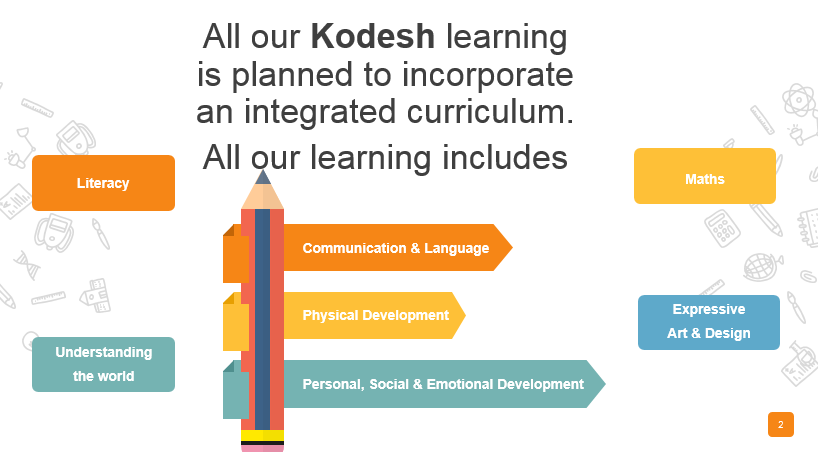
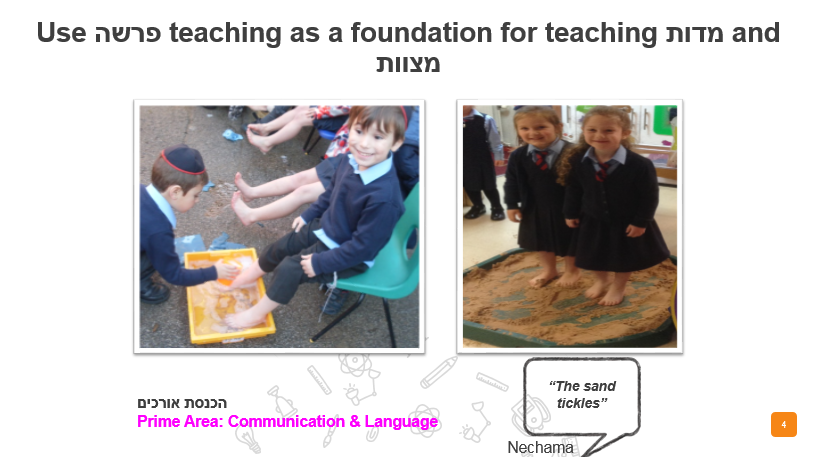
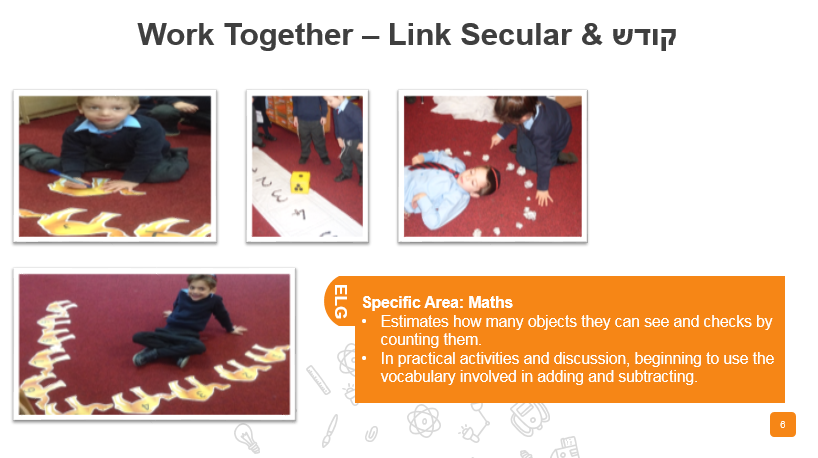
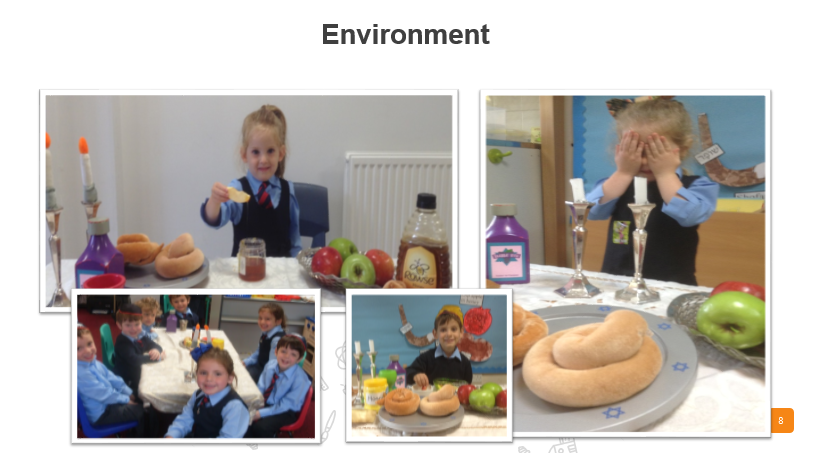
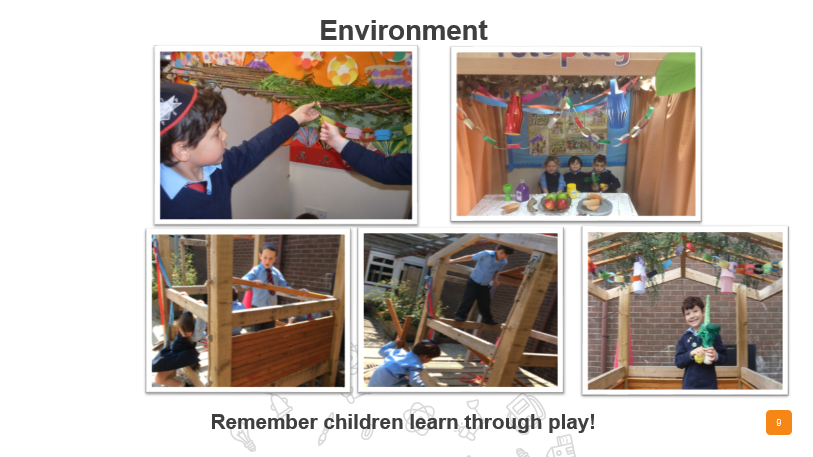
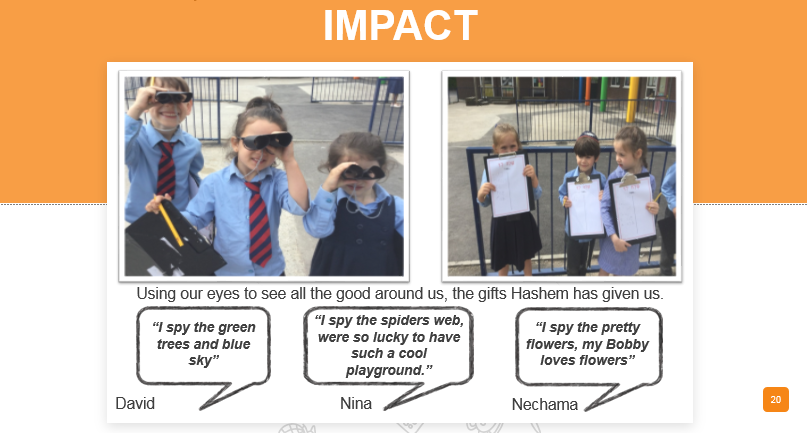
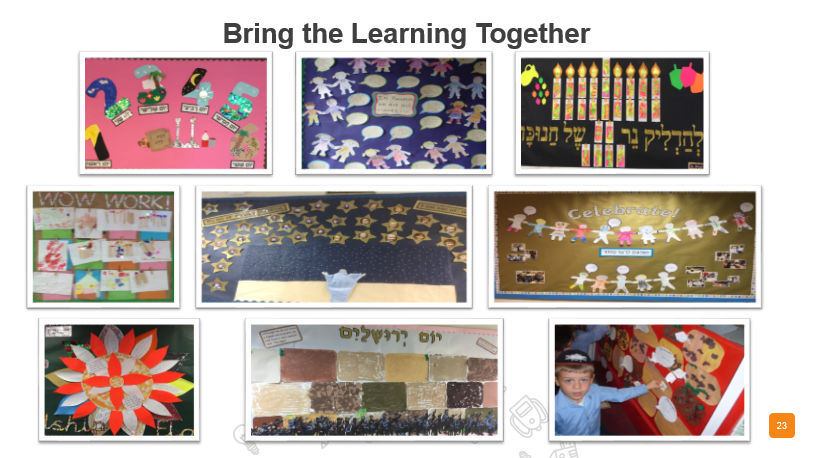
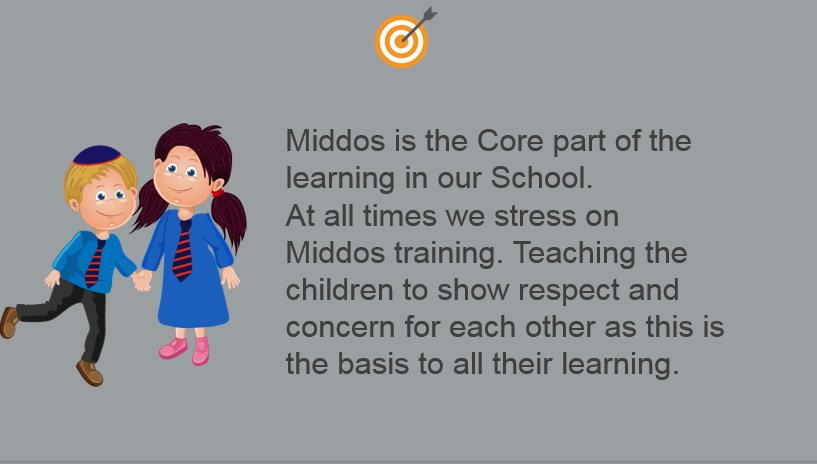
A few more photographs from Kodesh learning in Reception...

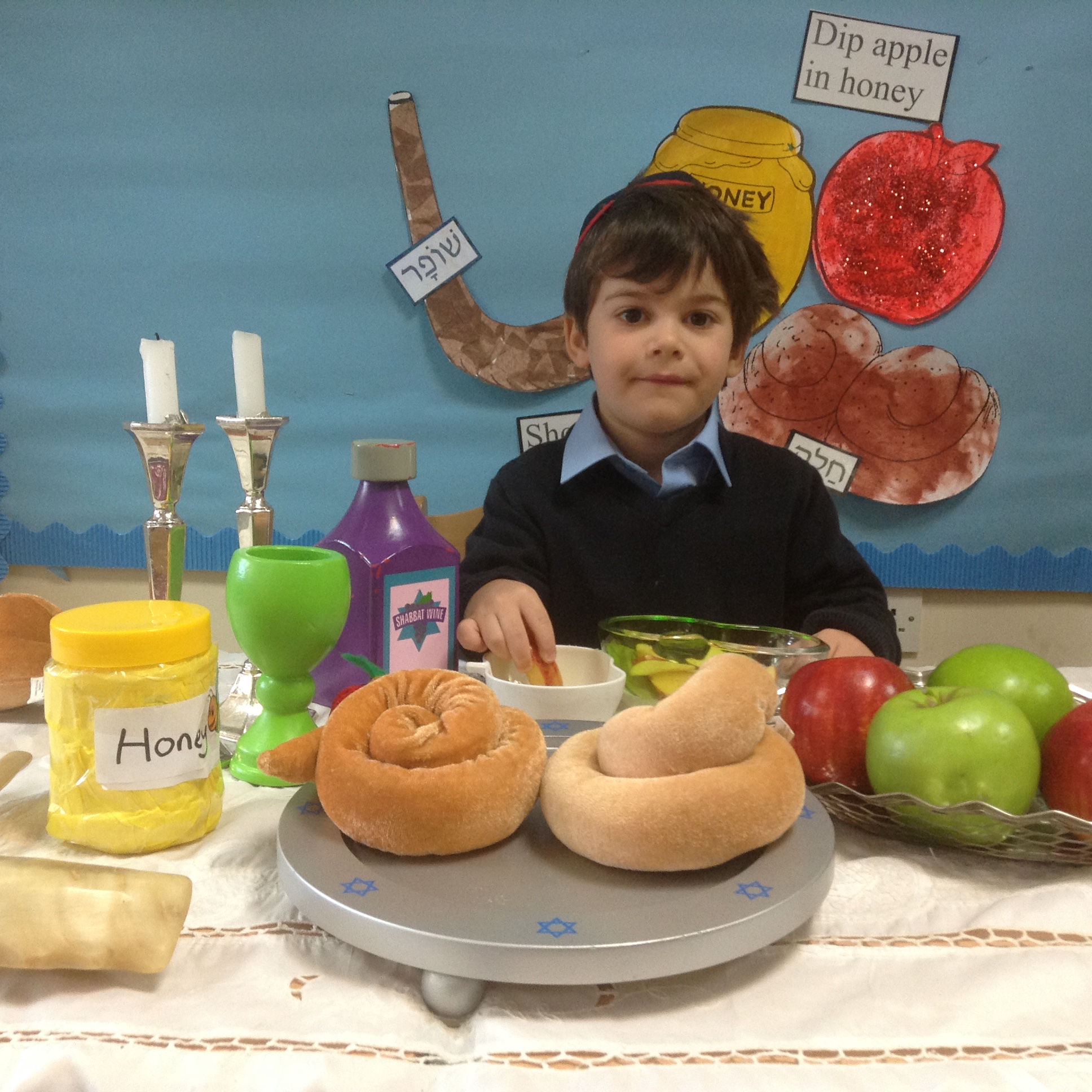
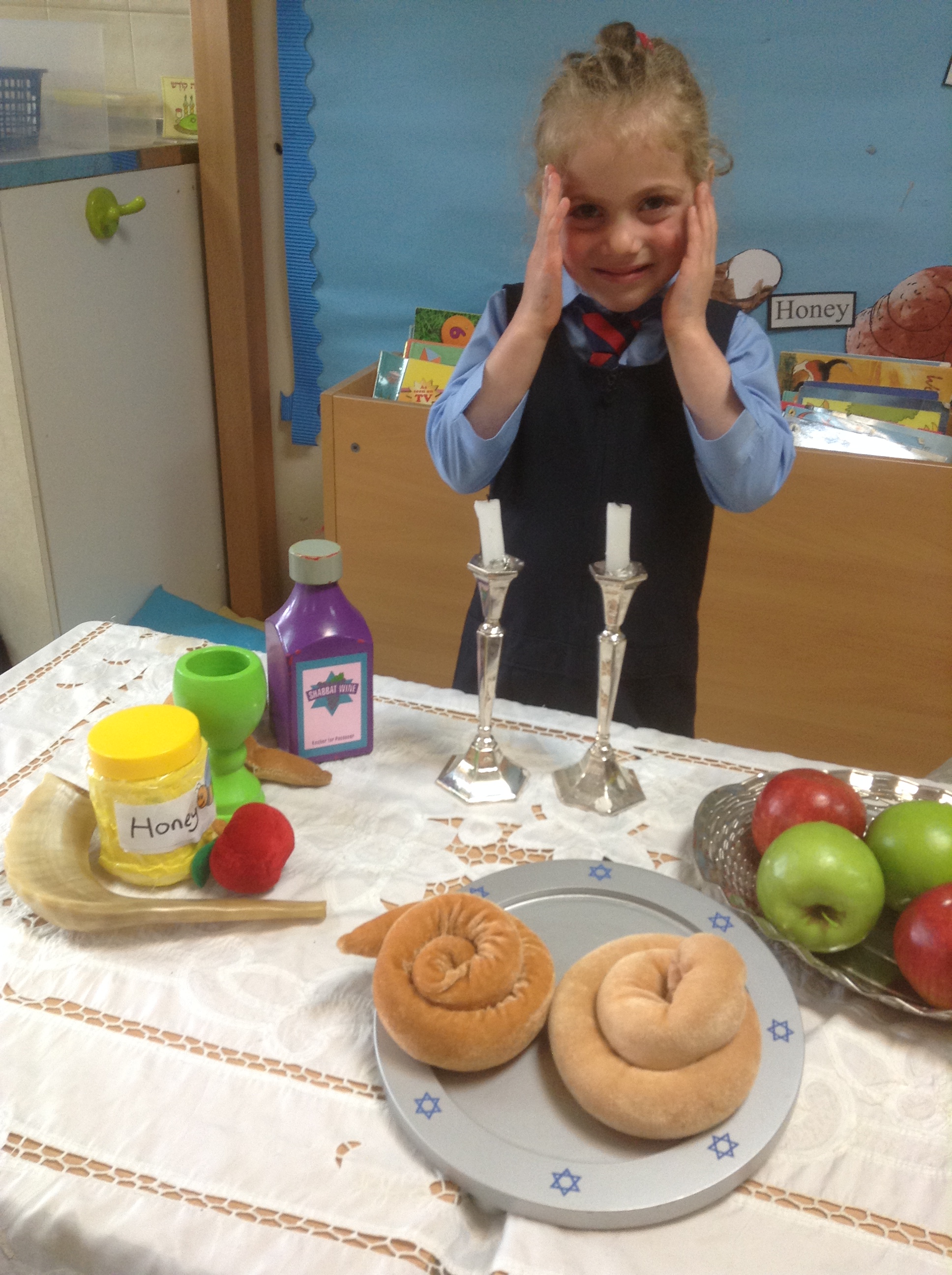
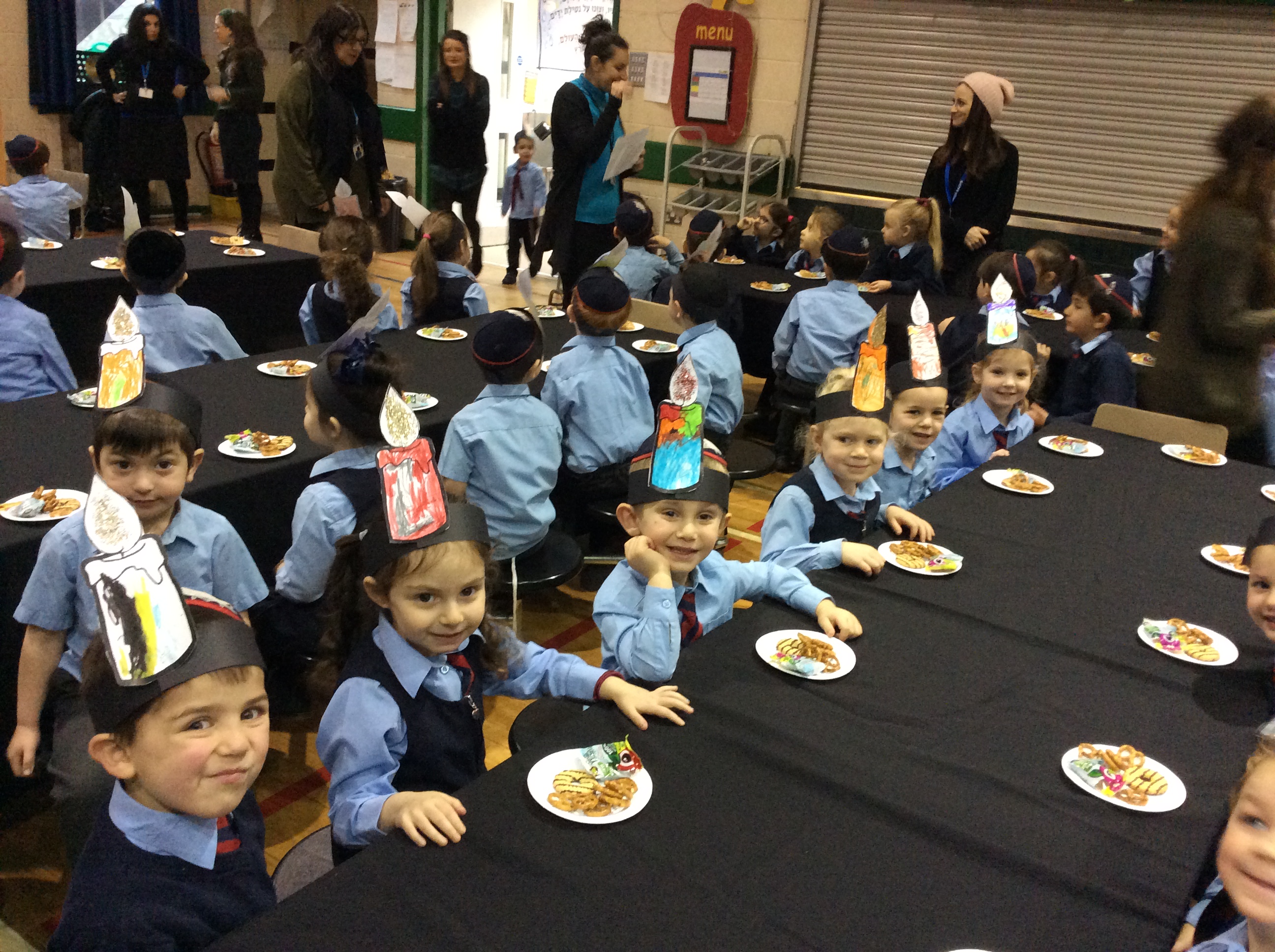
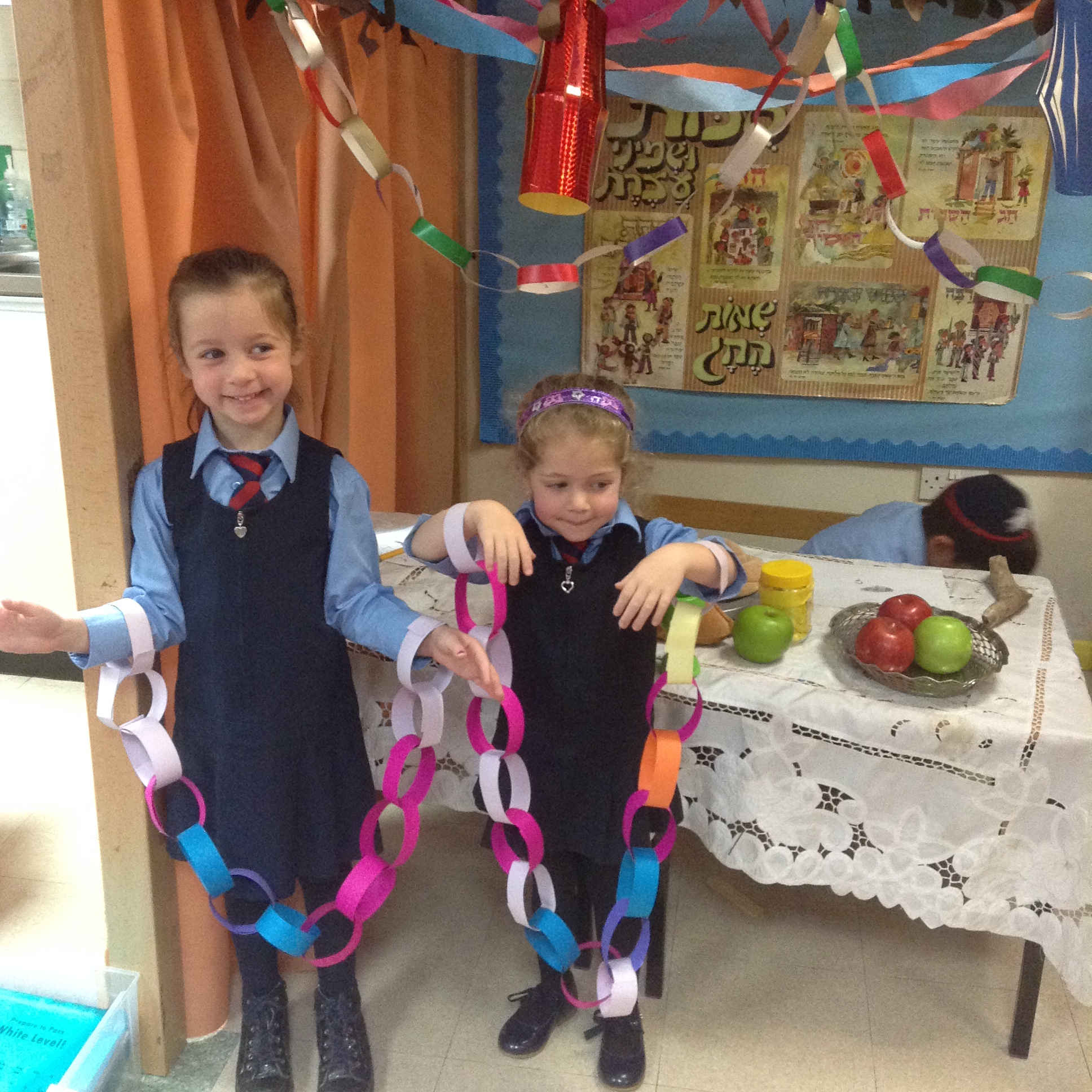
What does Reception look like?
Below are a few photographs of our Reception classrooms. We enjoy exploring indoors and outdoors with lots of engaging and challenging areas. Our areas are always changing to offer diversity and depth for our children, as well as, linking in our play based learning with our current topic.
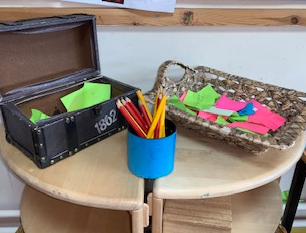
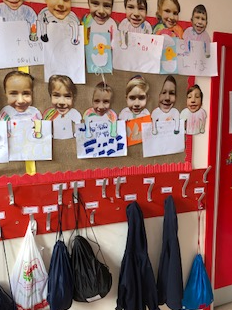
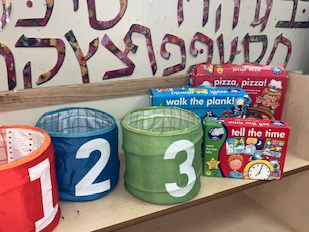
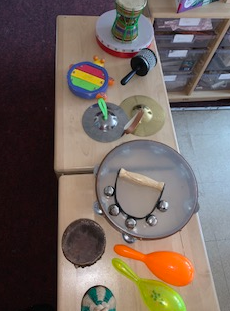
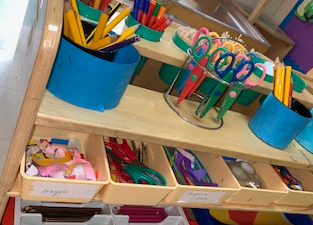
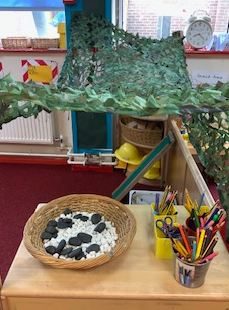
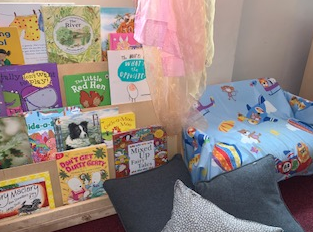
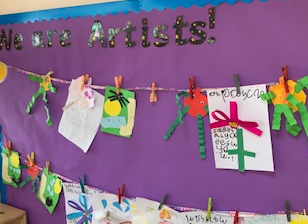
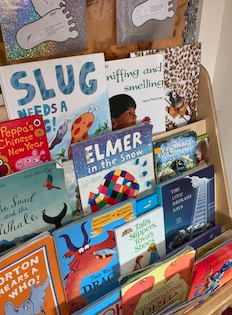
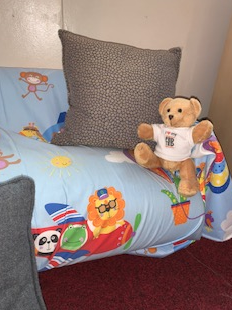
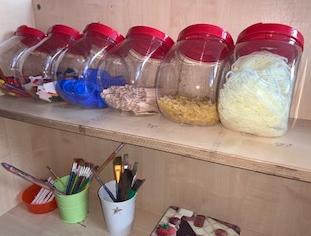
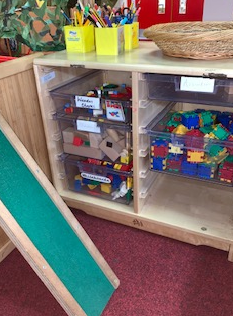
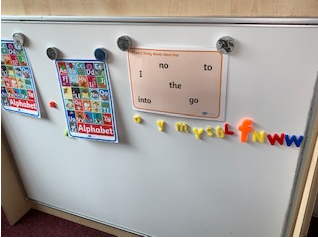
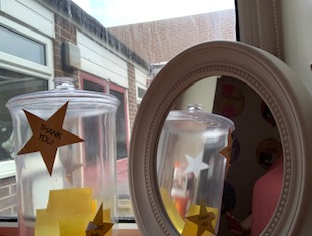
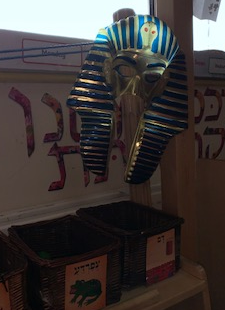
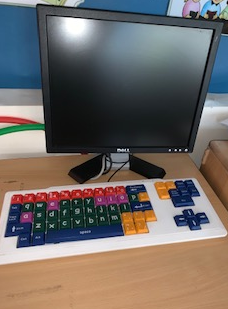
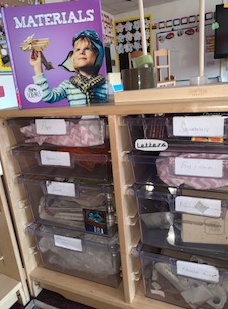
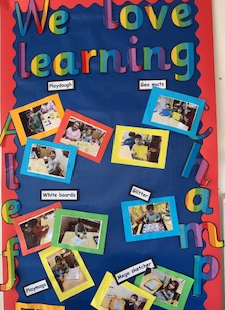
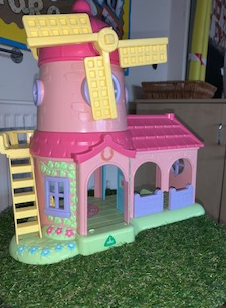
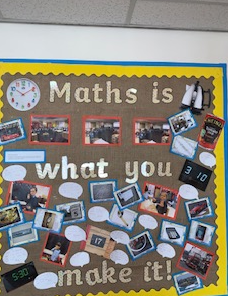
Meet The Reception Team!
There are lots of faces in Reception! We have a mixture of Secular and Kodesh Teachers as well as Teaching Assistants. All of our staff are highly experienced within Early Years and cannot wait for the year ahead!
We are here to support your child's transition into Reception at BJCF and look forward to meeting you and your child. Here are a few of the staff members on our team. More staff photographs coming soon...
 Miss Potts
Miss Potts 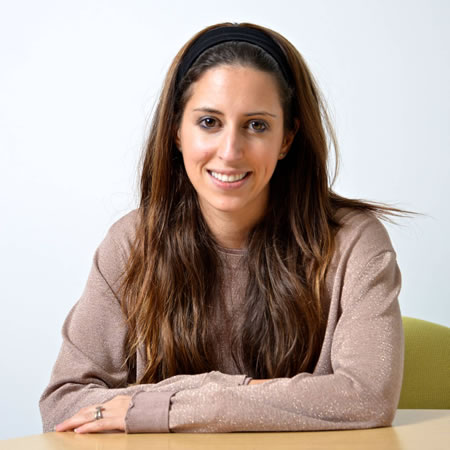 Mrs Burton
Mrs Burton
 Mrs Degan
Mrs Degan 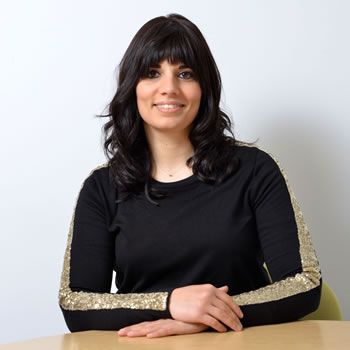 Mrs Chocron
Mrs Chocron
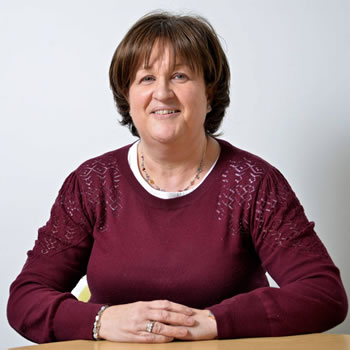 Mrs Rose
Mrs Rose  Miss Greene
Miss Greene
 Mrs Fulda
Mrs Fulda  Mrs Nemeti
Mrs Nemeti
Additional Resources - The following resources may prove useful to you as your child begins the transition into Reception:
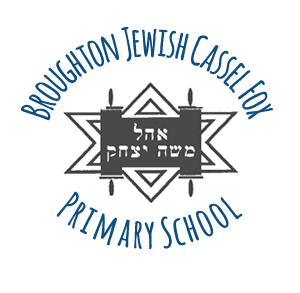



.png)

.png)
.png)
.png)
.png)
.png)
.png)
.png)
.png)





 Miss Potts
Miss Potts  Mrs Burton
Mrs Burton Mrs Degan
Mrs Degan  Mrs Chocron
Mrs Chocron  Mrs Rose
Mrs Rose  Miss Greene
Miss Greene Mrs Fulda
Mrs Fulda  Mrs Nemeti
Mrs Nemeti